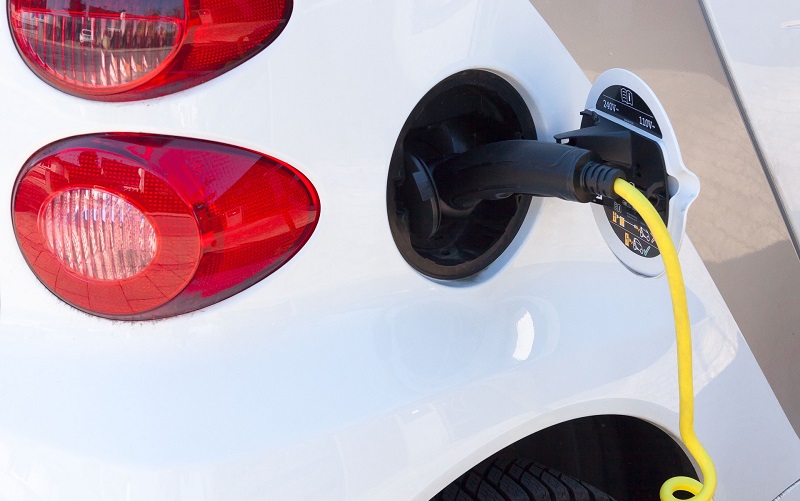The automotive industry is constantly changing. In the past few years, we’ve seen the emergence of various vehicle prototypes that run on alternative power sources such as solar power and electricity. The trend nowadays is to look for cleaner, greener transportation solutions that are both energy-efficient and cheap.
Your typical car is powered by the internal combustion engine, where fuel is burned up in small, controlled bursts to move the wheels. Electric cars are fast becoming the next big thing in the car industry due to their mostly pollution-free operation. An electric car runs on a battery-powered electric motor, which is charged periodically, to supply the juice to the engines.
But hydrogen fuel cells are quickly catching up with the battery-electric vehicle (BEV), at least from the perspective of car manufacturers. If you’re curious about the features of an electric car versus a hydrogen fuel cell car, here are some of the basic differences and similarities:
Power Source
As you can imagine, a hydrogen fuel cell car is powered by a fuel cell. Hydrogen is the most abundant element in the universe, so the fuel supply is virtually limitless. Unlike the BEV which must be hooked up to a charging station in order to “refuel” on electricity, a hydrogen fuel cell car can make electricity even as you drive.
The energy that runs a hydrogen fuel cell car is produced by splitting the proton and electron from a single hydrogen atom. The electron becomes the electricity that powers up the engine. Meanwhile, the positively-charge hydrogen ion pairs off with oxygen atoms in the vicinity, creating water. This is emitted as steam from the tailpipe because the process releases a lot of heat.
Performance
A lot of car makers believe that the hydrogen fuel cell car performs better than the standard BEV models because the later can run longer distances without stopping to refuel. Charging time is also noticeably shorter, which means that you can get on the road that much earlier. A BEV car may need up to seven hours of charging time, whereas it takes only a couple of minutes to fill up your tank with hydrogen.
Emissions
Both the BEV and the hydrogen fuel cell car emits little to no harmful pollution on the road. The only emission that you can see from the tailpipe of a hydrogen fuel cell car is water vapor, which is the by-product of the splitting up of hydrogen atoms and the release of electrons that power up the engine.
The catch is that the charging stations for both technologies are costly and not at all pollution-free. Electric cars ultimately trace the source of their juice to electric power plants, which mostly burn fossil fuel to produce electricity. The same thing goes for hydrogen fuel cell cars. Hydrolysis is viewed as the most convenient way to produce hydrogen, a process which involves passing electricity through water. Again, this same electricity comes from power plants that have high pollution rates.
If you’re thinking of investing in an electric car versus a hydrogen fuel cell car in the future, watch out for the newest developments in both technologies to make an informed choice as to which model you should finally buy. Both industries are still relatively young, so innovations are being rolled out one after another.





